Introduction to GitHub Packages
GitHub Packages is a package management service integrated into GitHub that allows developers to host, manage, and share software packages within their GitHub repositories. It supports a wide range of package formats, such as npm, Maven, NuGet, RubyGems, and Docker, making it easier for developers to store and share dependencies across projects, and automate software delivery workflows in CI/CD pipelines.
GitHub Packages is tightly integrated with GitHub Repositories, allowing users to connect source code with package management and version control seamlessly. This integration improves the developer experience, providing a unified platform for code and package management in one place.
Key Features of GitHub Packages
Supports Multiple Package Formats:
GitHub Packages supports several package formats, allowing users to publish and consume packages from a variety of ecosystems:
npm (JavaScript)
Maven (Java)
NuGet (.NET)
RubyGems (Ruby)
Docker (Container images)
GitHub Container Registry (for Docker images and other container artifacts)
This broad support makes GitHub Packages a versatile platform for managing different types of software components.
Integrated with GitHub Repositories:
Seamless Integration: You can use GitHub Packages alongside your GitHub repositories, allowing for easy integration of packages into your workflows.
Versioning and Tagging: GitHub Packages integrates version control directly into the package lifecycle. This allows you to tie package versions to GitHub releases, Git tags, and commits.
Secure and Private:
Access Control: GitHub Packages allows you to control who can access, publish, and download your packages. You can make packages public or private based on your needs. For private packages, access is controlled using GitHub's authentication mechanisms (such as Personal Access Tokens (PATs) or GitHub Apps).
Authentication: Secure access to private packages is provided using GitHub’s existing authentication systems, such as OAuth, GitHub Apps, and Personal Access Tokens.
CI/CD Integration:
GitHub Actions allows for easy integration of package management into the CI/CD pipeline. For instance, you can automate the process of pushing packages to GitHub Packages when a release is created in your repository.
Automated Workflows: You can create workflows in GitHub Actions that automatically publish new versions of a package to GitHub Packages whenever new code is pushed or a new tag is created.
Global Availability:
GitHub Packages is a cloud-based service with global distribution, ensuring that your packages are easily accessible to users and developers around the world.
Package Publishing and Consumption:
Publishing: Developers can publish packages to GitHub Packages directly from their local environments or CI/CD workflows.
Consuming: Once a package is published, it can be consumed by developers, either within GitHub or externally. GitHub Packages provides simple installation methods, such as using a package manager like
npm,maven, ordocker.
Repository-based Packages:
GitHub Packages integrates directly with GitHub repositories, so packages are tied to repositories. For instance, you can have a package published directly from a repository, and it can be referenced by others through simple dependency management tools.
Supported Package Formats and Use Cases
npm (JavaScript/Node.js):
GitHub Packages can host npm packages, enabling easy management of JavaScript libraries, front-end components, and tools.
Use Case:
Publish a utility or module as an npm package to be used across multiple JavaScript projects.
Maven (Java):
GitHub Packages can host Maven packages, making it an excellent choice for Java developers looking to store and share JAR files, libraries, or dependencies.
Use Case:
Publish Java libraries or frameworks that can be pulled into other Maven-based projects.
NuGet (.NET):
GitHub Packages can also be used to host NuGet packages, allowing .NET developers to manage and share dependencies within the .NET ecosystem.
Use Case:
Share .NET libraries, APIs, or tools across different projects or teams.
RubyGems (Ruby):
GitHub Packages supports RubyGems, allowing Ruby developers to share libraries and packages.
Use Case:
Publish Ruby gems used in Ruby on Rails or other Ruby-based projects.
Docker (Container Images):
GitHub Packages supports Docker images, meaning you can store and share container images that can be used in Docker environments or Kubernetes clusters.
Use Case:
Store and distribute Docker images that contain applications, services, or tools for deployment in cloud environments or local machines.
GitHub Container Registry:
The GitHub Container Registry allows developers to push Docker images to GitHub Packages for easy distribution and consumption. This feature works similarly to Docker Hub but integrates more closely with GitHub.
Use Case:
Host and distribute Docker images that are versioned along with your codebase, ensuring a more seamless DevOps workflow.
Key Concepts in GitHub Packages
Package Repositories
A package repository on GitHub is essentially a feed for a specific package type (e.g., npm, Maven, Docker). It stores the published packages and serves them to developers or CI/CD pipelines.
A repository can be public or private depending on access needs.
Versioning and Releases
GitHub Packages integrates tightly with Git tags and releases. You can tie a specific version of a package to a Git tag or GitHub release, providing a clear and reproducible way to track package versions over time.
For example, if you create a release tag in your GitHub repository like v1.0.0, the corresponding package version can be tied to that tag and pushed to GitHub Packages.
Access Control
GitHub Packages leverages GitHub’s permissions and access control mechanisms for managing who can publish, install, and consume packages.
Public Packages: Anyone can access, install, or consume these packages without authentication.
Private Packages: You can restrict access using Personal Access Tokens (PATs) or OAuth tokens, and provide fine-grained control over who can consume or publish the packages.
Authentication
GitHub Packages requires authentication for private repositories or when publishing packages.
Authentication can be done using:
GitHub Personal Access Tokens (PATs)
OAuth tokens
GitHub Apps (for CI/CD automation or third-party integrations)
How to Use GitHub Packages
1. Publishing a Package to GitHub Packages
The process of publishing packages to GitHub Packages can differ slightly depending on the package type (npm, Maven, NuGet, Docker, etc.), but the general steps are:
Authenticate to GitHub Packages using a Personal Access Token (PAT) or OAuth token.
Set up the package manager (e.g., npm, Maven, Docker) to use GitHub Packages as a registry.
Publish the package by running the relevant commands for your package manager.
For example, with npm:
First, authenticate via the command line:
xxxxxxxxxx11npm login --registry=https://npm.pkg.github.com --scope=@my-orgNext, push the package:
xxxxxxxxxx11npm publish --registry=https://npm.pkg.github.comFor Docker:
Authenticate to GitHub Container Registry:
xxxxxxxxxx11docker login ghcr.io -u USERNAME -p TOKENBuild and push your Docker image:
xxxxxxxxxx21docker build -t ghcr.io/USERNAME/IMAGE_NAME:TAG .2docker push ghcr.io/USERNAME/IMAGE_NAME:TAG
2. Consuming Packages from GitHub Packages
To consume packages hosted on GitHub Packages, you need to configure your project or CI/CD pipeline to retrieve packages from the relevant feed (npm, Maven, NuGet, Docker, etc.).
Typically, this involves:
Authenticating to GitHub Packages using a PAT or OAuth token.
Configuring the package manager (e.g., npm, Maven, Docker) to retrieve packages from GitHub Packages.
For npm, you would add the following to your
.npmrcfile:xxxxxxxxxx11@my-org:registry=https://npm.pkg.github.comThen, install the package with
npm installas usual.
Best Practices for GitHub Packages
Versioning:
Always use proper versioning (e.g., Semantic Versioning) when publishing packages. This ensures that consumers of your packages know when a change is breaking, new features have been added, or bugs have been fixed.
Security:
Use private repositories for internal or sensitive packages. Restrict access to only the necessary users and systems using authentication tokens and permissions.
Automate Package Publishing:
Leverage GitHub Actions to automate the package publishing process as part of your CI/CD pipeline. For example, you can set up a workflow to automatically publish a new version of a package when a release is created.
Document Usage:
Ensure that your package repositories are well-documented, so consumers can easily understand how to use the packages, what the dependencies are, and how to install them.
Summary
GitHub Packages is a powerful and integrated platform for managing software packages directly within the GitHub ecosystem. Whether you’re sharing JavaScript libraries, Docker images, or .NET libraries, GitHub Packages provides seamless integration with version control, CI/CD, and secure package distribution.
By following best practices for authentication, versioning, and automation, GitHub Packages can streamline the development process and enhance collaboration across teams.




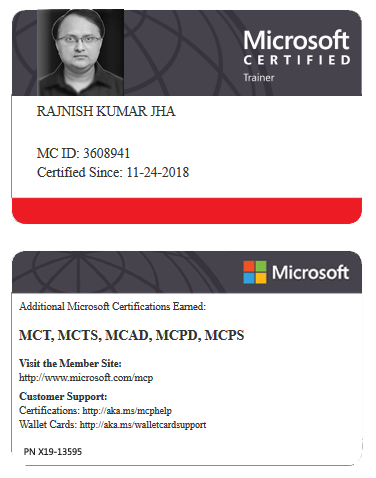




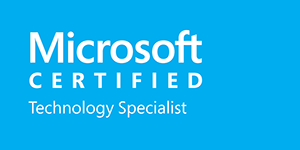

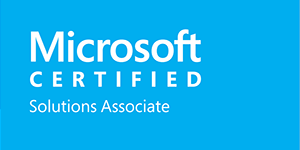
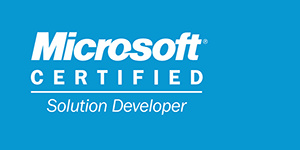
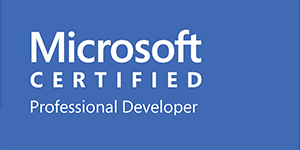

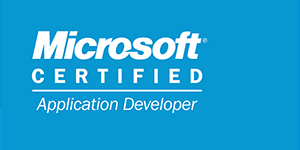
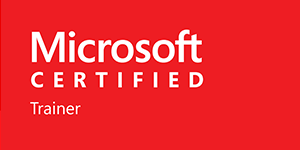





Leave a Reply